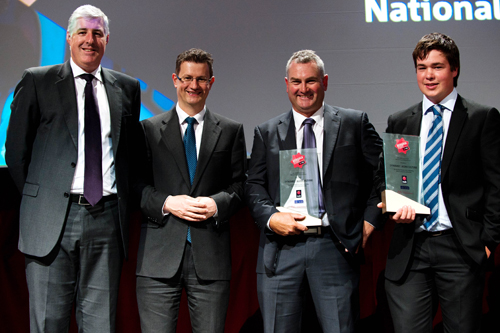
Research shows that student outcomes (incluindo o envolvimento do aluno, comparecimento, retenção e desempenho acadêmico) pode ser significativamente aprimorado quando os alunos estão conectados e envolvidos com sua comunidade. As part of our on-going Pesquisa Global para a Educação série, we shall be occasionally showcasing quality practices in school and community programs from which we hope schools around the world will learn and take inspiration.
NAB Schools First, supported by National Australia Bank in partnership with the Foundation for Young Australians (FYA) and Australian Council for Educational Research (ACER), operates a national awards program in Australia which has awarded 310 school-community partnerships with $15 million in the past three years to support and sustain those partnerships. Any school in Australia can apply for a NAB School Award and to date over 26% of Australian schools have submitted applications.
The criteria used to assess applications for an award include: 1. The partnership was established to address a need or opportunity that would benefit students. 2. A plan was developed with each partner contributing to the plan. 3. A program was successfully implemented. 4. Os estudantes foram beneficiados pelo programa. 5. A parceria tornou-se parte integrante das actividades de cultura e de planejamento de cada organização parceira.
Professor Geoff Mestres (Chief Executive Officer da ACER) se junta a mim nesta semana para falar mais sobre o NAB Schools First iniciativa escola-comunidade, entre outras coisas. Masters joined ACER in 1988 no papel de Diretor Adjunto (Medição) e foi nomeado para o cargo de Diretor Associado (Medição) em 1991 antes de assumir o papel de CEO em 1998. Antes de ingressar na ACER, he was a member of the Faculty of Education at the University of Melbourne. He has a PhD in educational measurement from the University of Chicago and has published several books and numerous journal articles in the field of educational assessment. He was the recipient of the Australian College of Educators’ 2009 College Medal in recognition of his contributions to education.
Why is a program like NAB Schools First so important?
The program was introduced to encourage and recognize the importance of partnerships between schools and their local communities. There is a focus in the NAB Schools First program on schools forming partnerships with their local communities, including community organizations and local businesses. The idea underpinning NAB Schools First is that “it takes a village to raise a child.” It’s a question of how the school can engage the local community, how schools can draw on resources and expertise from beyond the school. The program was introduced to encourage schools to think about how they can do that. It was also introduced to recognize schools that are doing this well and to hold them up as models for other schools to follow.
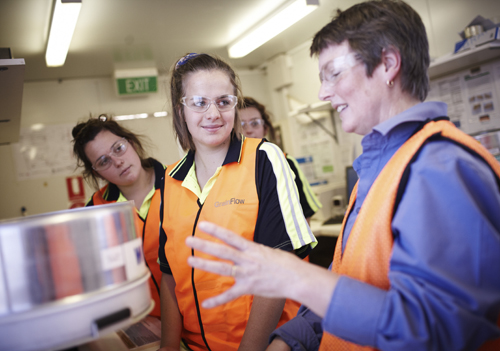
How much of what schools are able to achieve depends on the support of the surrounding community?
Certainly schools can achieve much more if they draw on the resources and support of their local communities. Por exemplo, we have found that schools that work with local businesses are often able to provide support to their students in the development of work-related skills and experience. The local community can also be helpful in facilitating transitions of students from school into post school employment. Our experience through the NAB Schools First program is that communities and businesses often complement what schools are doing in a variety of different ways.
Research done in Canada showed that 70% of the variation in student achievement is accounted for by factors outside of the control of schools.
Certainly students’ backgrounds and out of school experiences impact their performances in schools. Whether a student comes from a poorer background or a higher socioeconomic area is a factor in student achievement. Much of the variation in achievement in schools is explained by factors that are outside the control of schools.
What will NAB Schools First winners look like in 5 anos a partir de agora?
I think they will be quite sophisticated in terms of the relationships they have built. The best kinds of partnerships that we have seen are ones in which there is a benefit not only to the school but also to the partner – the community or business organization involved in the partnership. There is a sharp focus on using the partnership to improve outcomes for students. So there is a strong sense of purpose, and that purpose is focused on the improvement of outcomes for young people. But we have seen partnerships of very different kinds that we have considered to be quite outstanding.
What themes of change do you predict schools will be putting in place to keep up with the changing times, por exemplo. the dramatic evolution in technology?
Given how rapidly things are developing, it’s a little difficult to see what the situation might be ten years from now, but I think it is quite clear that students will have increasing access to resources and information beyond the classroom through the internet and through social media. Students will be accessing a much broader range of information through technology and that, claro, will be possible from anywhere in the world. There will need to be a focus in schools on teaching students to separate quality information from other less reliable information.
Students will continue to do much of their work within classrooms, but they will also access a much wider variety of information beyond the classroom. Increasingly rich learning resources are becoming available to students. No futuro, a significant proportion of student learning may be based on real issues and real problems. Students are likely to work on those issues not only within schools, but also with a range of stakeholders, including those within the local community.
Final thoughts on model schools or themes of change to improve schools?
In Australia there is a growing interest in what can be done to support schools and to improve what schools are doing. This includes an effort to identify schools that are already doing excellent things. There is a lot of excellent practice in schools that is not always being identified and scaled up. Part of what we are doing through NAB Schools First is to identify where good practice is occurring and to recognize, reward and share that practice with other schools across the country. Like the rest of the world, we recognize that government programs don’t always deliver the reforms that they were designed to deliver, and we are increasingly recognizing that improvements in student achievement depend on improvements in teaching and learning practices in schools and classrooms. A number of new initiatives are being introduced to support schools in the improvement of these day to day practices. There is a focus in Australia, illustrated by NAB Schools First, on defining and describing excellent practice and then sharing and celebrating such practice.
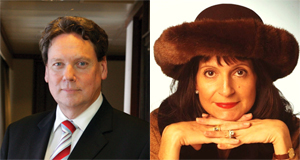

EUn A pesquisa global por educação, se juntar a mim e líderes de renome mundial, incluindo Sir Michael Barber (Reino Unido), Dr. Michael Bloco (US), Dr. Leon Botstein (US), Dr. Linda, Darling-Hammond (US), Dr. Madhav Chavan (Índia), Professor Michael Fullan (Canadá), Professor Howard Gardner (US), Professor Yvonne Hellman (Holanda), Professor Kristin Helstad (Noruega), Jean Hendrickson (US), Professor Rose Hipkins (Nova Zelândia), Professor Cornelia Hoogland (Canadá), Senhora. Chantal Kaufmann (Bélgica), Professor Dominique Lafontaine (Bélgica), Professor Hugh Lauder (Reino Unido), Professor Ben Levin (Canadá), Professor Barry McGaw (Austrália), Professor R. Natarajan (Índia), Dr. Denise Papa (US), Sridhar Rajagopalan (Índia), Dr. Diane Ravitch (US), Sir Ken Robinson (Reino Unido), Professor Pasi Sahlberg (Finlândia), Andreas Schleicher (PISA, OCDE), Dr. Anthony Seldon, Dr. David Shaffer (US), Dr. Kirsten Immersive Are (Noruega), Chanceler Stephen Spahn (US), Yves Theze (Francês Lycee EUA), Professor Charles Ungerleider (Canadá), Professor Tony Wagner (US), Professor Dylan Wiliam (Reino Unido), Dr. Mark Wormald (Reino Unido), Professor Theo Wubbels (Holanda), Professor Michael Young (Reino Unido), e Professor Minxuan Zhang (China) como eles exploram as grandes questões da educação imagem que todas as nações enfrentam hoje. A Pesquisa Global para Educação Comunitária Página
C. M. Rubin é o autor da série on-line amplamente lido, A Pesquisa Global para a Educação, e também é o autor de três livros mais vendidos, Incluindo The Real Alice no País das Maravilhas.


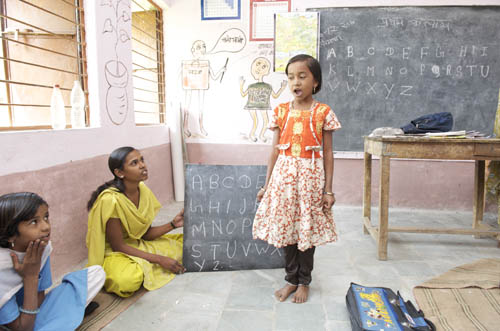
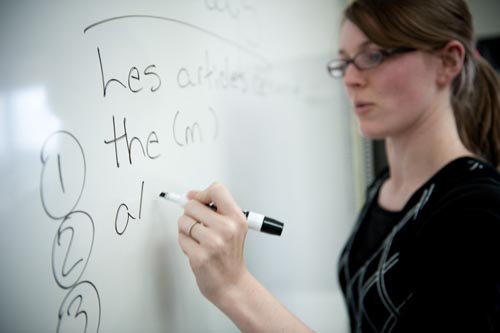
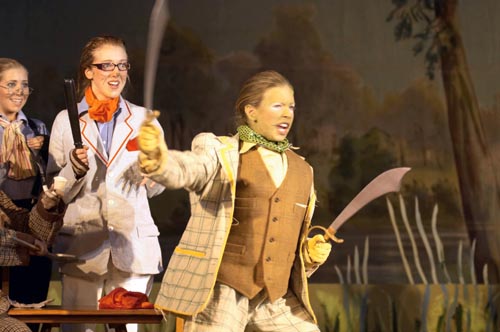
Comentários Recentes